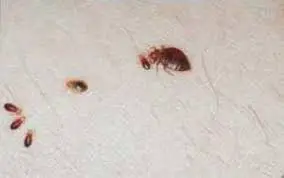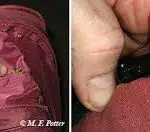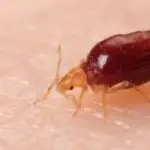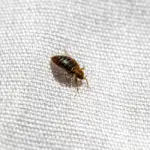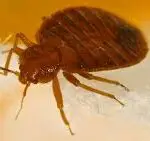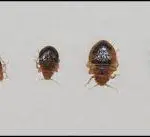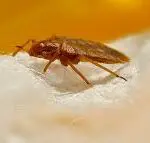Why Does Bed Bugs Bite Itch?
When bedbugs bite, you may be wondering why they itch. Histamines are produced by the immune system and are stored in cells known as mast cells. They are released as a response to physical damage, infections, and allergies. When bedbugs bite, histamines cause inflammation, redness, swelling, and itchiness. Severe reactions may lead to fever and blisters.
An easy way to treat bedbug bites is to apply ice packs. You can also apply a paste of baking soda and water to the rash. Leave it on for about an hour, and then rinse with warm water. Witch hazel is another remedy that can help soothe the itching. It also helps to contract the skin’s pores, which can help reduce minor bleeding and act as a mild anesthetic. Avoid alcohol-based astringents, which will only irritate the area even further.
It may take up to 14 days for bedbug bites to develop and disappear. Some people experience a reaction immediately, while others take up to two weeks to fully recover. If you are prone to allergic reactions, you should seek medical attention immediately. It is also essential to keep in mind that bedbug bites are not always obvious, so you may not notice them at first. Look for signs of activity and avoid scratching the area.
Although bedbug bites may be uncomfortable, they are not harmful to your health. Unlike mosquitoes or flies, bedbugs cannot transmit diseases. Even with a closed window or bed, you can still feel bites from the bugs. Bedbugs are very sensitive to movement, and if you are moving around, they’ll look for a better blood source somewhere else.
